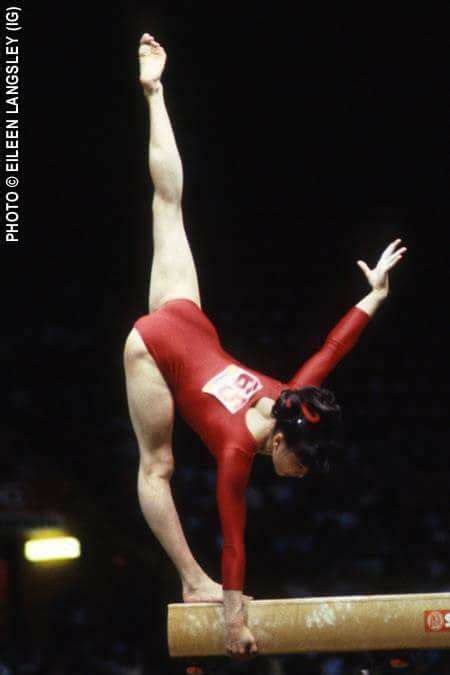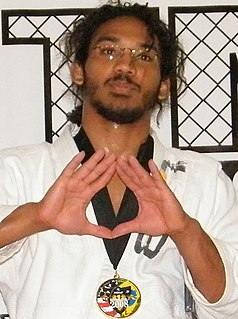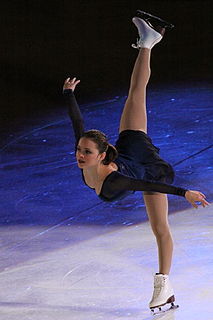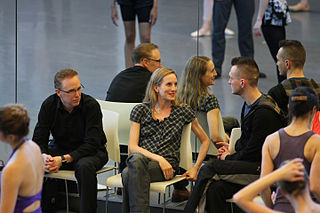A Quote by Natalia Yurchenko
At the beginning, ballet accounted for at least two hours out of six hours of my daily training session. Later I devoted less time to ballet, but every workout of mine included training in choreography.
Related Quotes
In terms of actual day-to-day training; a normal training day would begin with a gym session for about two hours, focusing on strength; so heavy weights on the lower body, with the main exercise being free weight squatting, with between one and ten repetitions depending on the time of year and the aim of the session.































